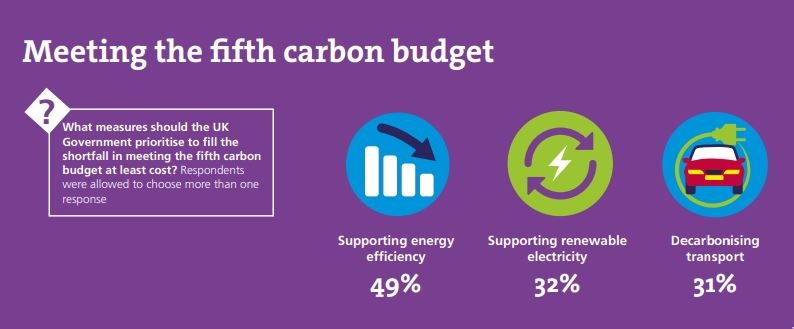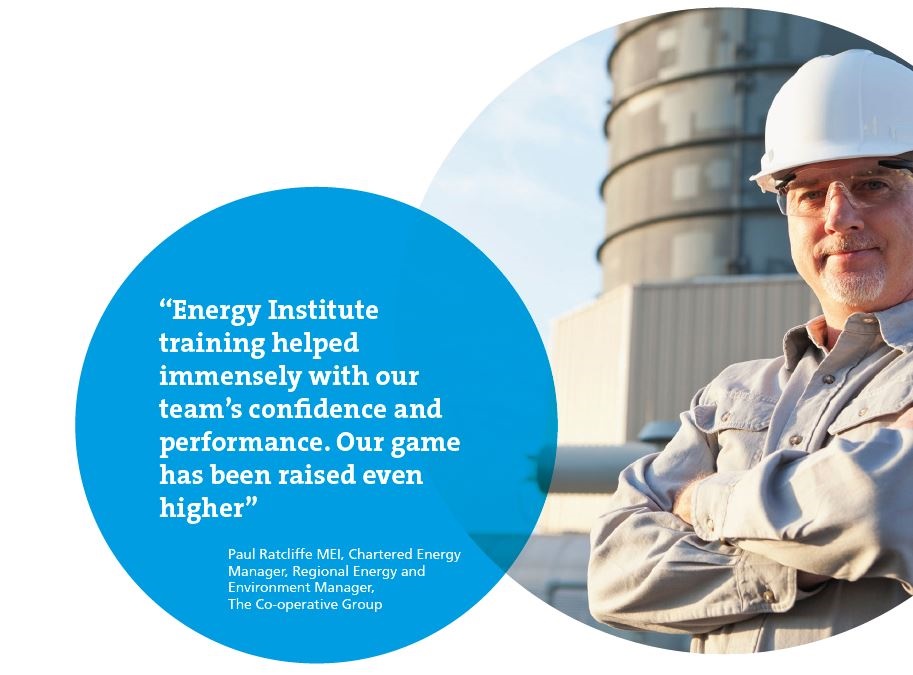22.08.18
What energy efficiency initiatives can we implement to save the NHS millions?
Source: Advertisement feature
Amna Khan, events and training marketing officer at the Energy Institute (EI), examines the cheapest, simplest ways to cut costs in healthcare estates.
A recent report by Centrica discovered that the NHS would save approximately £130m a year – that’s enough money to pay for 4,000 extra nurses – just by improving its energy efficiency measures. Perhaps unsurprisingly, given the need for 24/7 facilities, the NHS is one of the biggest users of energy in the UK. However, measures required to cut emissions are simpler than you might think – it’s the knowledge and skills needed to ensure their implementation that is crucial.
Some trusts have already started embracing energy-saving technologies, with the help of the £500m energy fund launched in the capital to try and achieve its goal of becoming a zero-carbon city by 2050. One trust already reaping the awards of going low carbon is St George’s Hospital in Tooting, south west London. Energy World reports that its new “combined heat and power (CHP) units, alongside four boilers, a ‘highly efficient’ chiller system and energy-efficient lighting and controls” are estimated to have saved the hospital £1m a year.
The importance of energy efficiency for cost savings is reflected in the results of the EI’s annual barometer, with half of the UK’s top energy professionals citing it as the number-one priority to meet the fifth carbon budget at the least cost.

The EI is an independent, not-for-profit professional membership body, which surveys its 20,000 + members every year in order to gage the most pressing issues in the energy world.
It is the sole provider of EnergyAware, an online training tool useful for raising awareness of energy savings for all NHS professions, from medical staff to receptionists. This immersive tool has a focus on personal engagement and can be customised to replicate your trust. View a free demonstration of the tool below.
The EI also offers a range of Energy Management training packages for those involved in any form of energy management, suitable to all levels of experience, from those with little to no experience of energy management to those looking to apply for chartership status.
The Level 1: Certificate in Energy Management Essentials Course will be taking place on 24-28 September 2018. This introductory five-day classroom course provides a comprehensive, practical overview of the fundamentals of energy management, equipping participants with all the essential knowledge and skills they need to save energy, reduce operational costs and carbon emissions, comply with legislation, and meet their organisation's environmental goals. Course topics include monitoring and targeting, energy auditing, solution development, and regulations and standards. As part of this course, delegates will conduct a supervised energy audit visit to a plant room and cover writing an audit report.
Successful completion of the course allows participants to achieve the EI Level 1 Certificate in Energy Management Essentials. They will also be well prepared to move on to the Level 2: Certificate in Energy Management Course and in time, Level 3: Advanced Energy Manager.
Don’t just take our word for it – businesses of all sizes, from the public and private sectors, comment on the high-quality interactive learning opportunities, as well as the wealth of knowledge and expertise.

Online options are available for those short on time and all courses can also be delivered in-house, which is especially convenient when looking to train your team and have the course tailored to your specific requirements.
For more information on all of our energy management courses, please get in touch:
E: [email protected]
W: www.energyinst.org/whats-on/training/energy-management